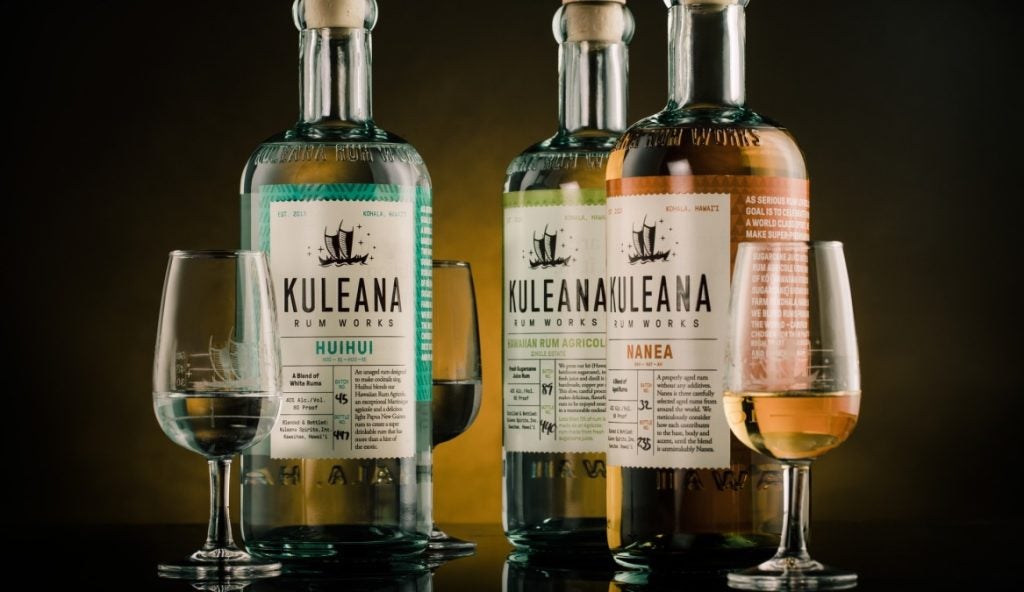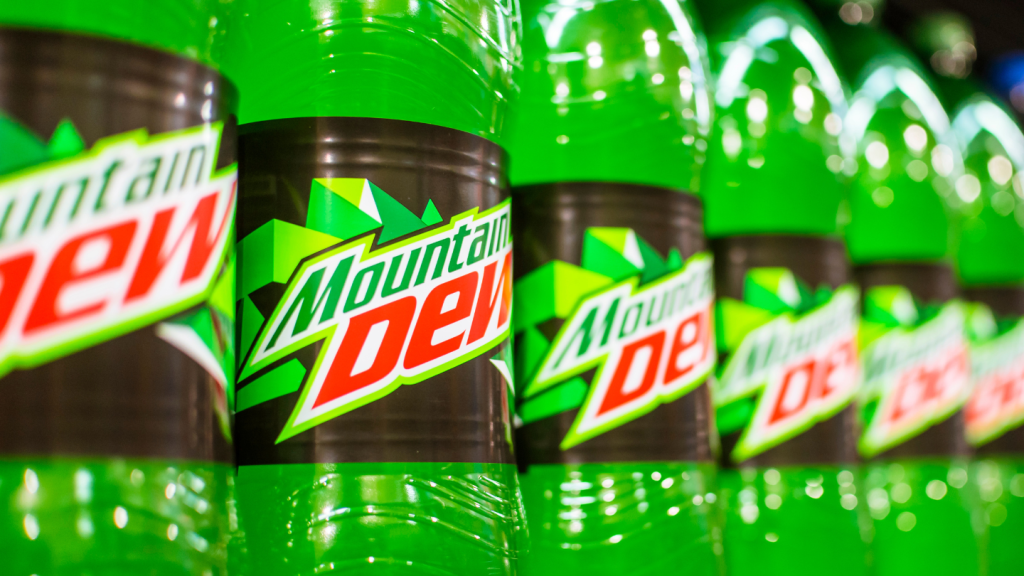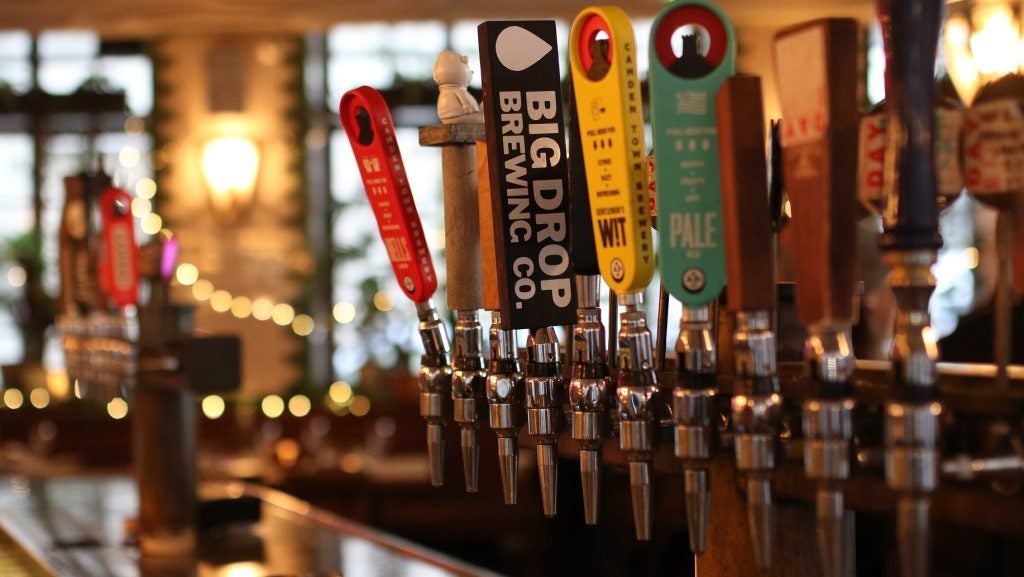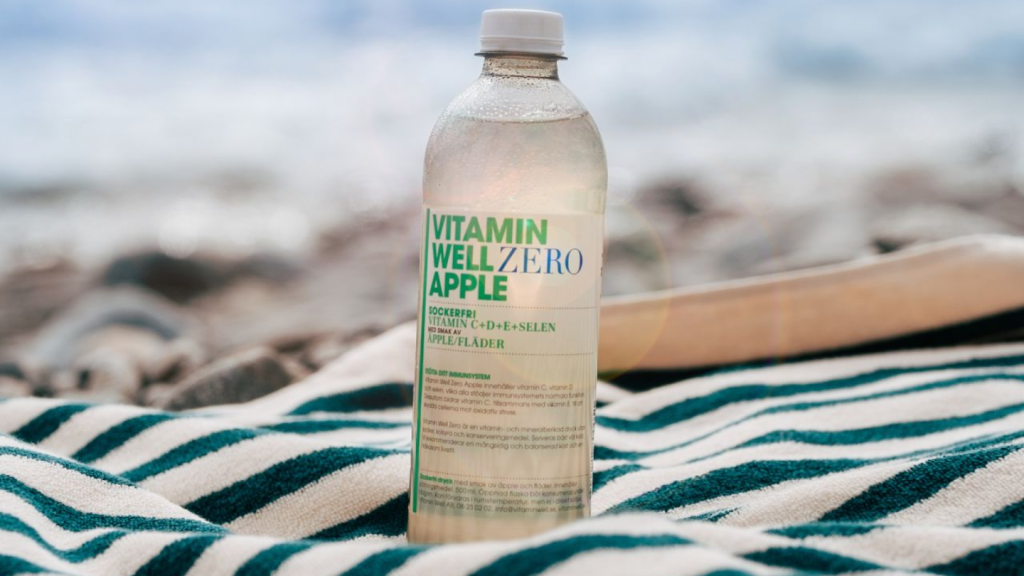 To the consternation of drinks manufacturers and retailers alike, new recycling laws in Germany are set to change consumer preferences for drinks in the short-term. International analyst Euromonitor assesses the impact on the soft drink and beer industries.
To the consternation of drinks manufacturers and retailers alike, new recycling laws in Germany are set to change consumer preferences for drinks in the short-term. International analyst Euromonitor assesses the impact on the soft drink and beer industries.
The Germans are amongst the world’s keenest recyclers, recycling more household waste per inhabitant than any other country in the developed world. German households are already legally obliged to separate their household packaging waste into glass, plastic, aluminium and other materials for collection by the ‘Duales System’ (DSD), Germany’s official waste collection and recycling organisation, alongside returning medicines and batteries to pharmacies.
Germany’s drink manufacturers are obliged to package no less than 72% of their soft drinks, beer and wine products in environmentally friendly packaging (17% for milk packaging), or face heavy fines. The high targets for recycled soft drinks packaging set by law (glass: 90%; aluminium: 90%; plastic: 80%) have resulted in growth in the share of refillable packaging as a proportion of the total soft drinks market.
However, the figures still fall short of the targets set, and the threat of implementing a deposit on non-refillable (or single-use) can and plastic bottles was made good in the New Year, when the Ministry of Environment pushed through the “Zwangspfand” – a system of compulsory deposits on non-refillable containers for carbonates, sparkling bottled water and beer.
Fruit juices, milk, wine, Champagne and spirits remain exempt. Despite protracted legal opposition from retailers, drinks manufacturers and packaging companies alike, from 1st January 2003, consumers have had to pay a €0.25 deposit on all single-use containers for carbonated beverages (or €0.50 for 1.5 litre packaging and upwards).
How well do you really know your competitors?
Access the most comprehensive Company Profiles on the market, powered by GlobalData. Save hours of research. Gain competitive edge.

Thank you!
Your download email will arrive shortly
Not ready to buy yet? Download a free sample
We are confident about the unique quality of our Company Profiles. However, we want you to make the most beneficial decision for your business, so we offer a free sample that you can download by submitting the below form
By GlobalDataUntil a nationwide collection system is put in place in October 2003, when single-use packaging can be returned to any outlet fitted out with special recycling deposits, consumers can only reclaim their deposits from the stores where they purchased their drinks upon production of a receipt.
Retailers and manufacturers caught unprepared
The new law caused immediate chaos in the retail market, as retailers, apparently convinced of a legal win over the government, were caught unprepared. Leading discounters such as Aldi cleared their entire inventory of single-use bottles and cans by selling stock during the Christmas period at half price, hinting also that they were planning not to re-stock beer or soft drinks in can packaging.
With fines of up to €50,000 (US$52,000) for non-cooperation, retailers are taking no risks. Whilst the large, chained supermarkets have been distributing leaflets to inform their customers about what to do, many small retailers do not have the financial clout to handle large scale recycling, and fear that the new law will negatively affect the impulse purchase of drinks, upon which many are reliant.
Industry sources estimate that the handling of cans and plastic bottles will cost the retail trade millions. The German Brewers Association claims that the Government’s projected Euro 700-800 million running costs are likely to surpass Euro 3 billion, given the 15 billion bottles and cans expected to be returned. The Association has also estimated that 20,000 jobs will be lost, chiefly in the drinks packaging industry.
Soaring PET sales over past 2-3 years stimulates law
The new law comes on the back of soaring sales for PET and can packaging for carbonated soft drinks and, to a lesser extent, beer. Between 1999 and 2002, PET sales have recorded impressive growth, due chiefly to product innovation and consumer demands for convenience, contributing in no small part to overall growth of soft drinks sales in general.
Use of plastic packaging for bottled water alone grew from 5% in 1997 to 26% in 2002, reflecting growing demand for large-size bottles, which the deposit system is hitting hard. The growth in PET packaging in bottled water has slashed sales of the sector’s traditional packaging type glass, which has borne the brunt of the rise in PET.
The same trend was observed within carbonates, where plastic replaced glass, to account for over half the total market in 2002. In contrast, fruit/vegetable juice has remained relatively stable, with carton losing only one percentage point to plastic over the past five years. The sector is dominated by carton packaging, and although sales of plastic have doubled over the past five years, its overall share of the market did not exceed 6%, hence its exclusion from the new deposit system.
Knock-on effects on soft drinks temporary
Given the importance of cans and plastic bottles to the soft drinks market, sales of carbonated soft drinks and bottled water are expected to suffer the most during the new law’s teething period. Developments in PET and can packaging have helped spur soft drinks sales over the past few years, so it is understandable that major players equate the introduction of the law with a catastrophic dip in sales.
Coca-Cola GmbH expects “severe distortion of the drinks market”, whilst bottled water producer Gehring-Bunte Getraenke-Industrie GmbH has reduced the output in its factories, while other producers are planning to increase exports and introduce new products in order to off-set the anticipated dip in sales.
In reality, despite the negative press surrounding the law, two-thirds of Germans are still in favour of deposits on cans and plastic bottles and the initial chaos for retailers and consumers is expected to be temporary. It is unlikely that cans and PET bottles will disappear from shelves in the long-term – instead, consumers are expected to become accustomed to the deposit system, and once the nationwide collection system is developed in October, sales of drinks packaged in cans and bottles are expected to pick up.
Related Euromonitor Research:
The Market for Soft Drinks in Germany
Soft Drinks Company Profile: Coca Cola
The Global Market for Soft Drinks







